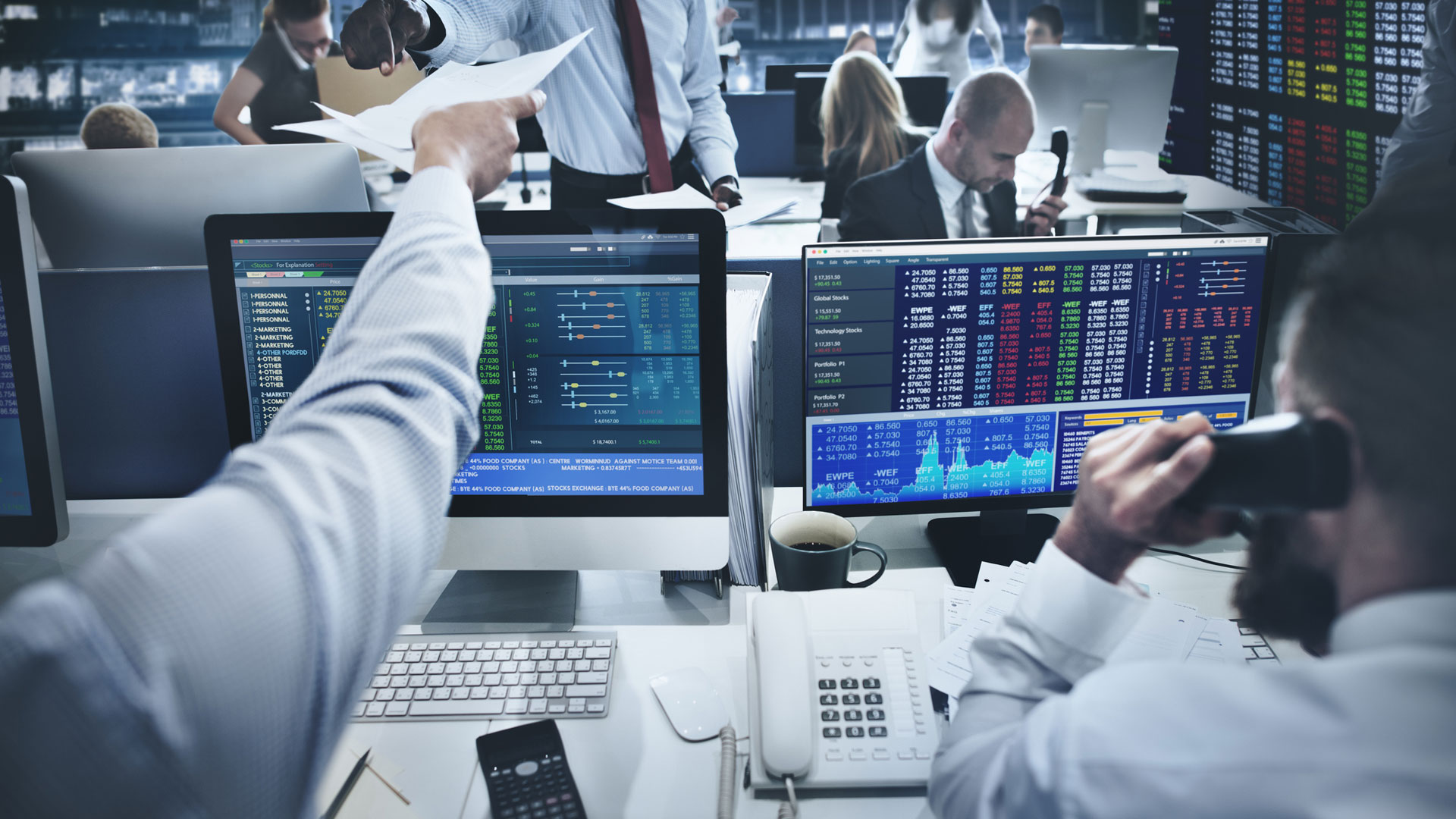Exchanges Still Very Risky

Crypto nerds are survivors. Most of us are in our mid twenties to late thirties, we grew up in a time when personal computers were not yet mainstream, they were bulky, and expensive, and the world wide web did not course through our telephone lines (yet) like heroine into an addict’s veins. There was no “Geek Culture,” being a geek was “uncool,” and knowing your way around a computer meant you didn’t have that many friends; you likely sat with the weird kids at lunch. Geek was weird.
Times have sure changed, and Geek has gone mainstream. Not only do geeks get rep points now, geeks are changing the world, and making oodles of money while doing it. The age of the crypto millionaire is upon us. Geeks from all walks of life, have struck it rich in the cryptosphere in the past few years, and these past week’s rallies have minted legions more millionaires. But as I try to look through the hype and fury of the market, I try to remember that at our core we crypto nerds are just that, survivors.
Raise your hands if you lived through the Mt. Gox collapse. If you are a real old timer you likely remember “Bitcoin Savings and Trust;” I am sure a good number of you were there for Cryptsy too (Mintpal?). We have travelled far together, but there are times, when the twitter crypto feeds light on fire, that it seems to me like we clearly have not learned the main lesson that these events should have taught us: “If you do not control the private keys, you do not own the crypto.”
There are currently rumors floating around (as there always are), about Poloniex cancelling some withdrawals, weeks long ticket response times at Kraken (I can vouch for this), and just a general sense of growing malaise in the community. Contradictory voices are bombarding newbies, “invest here, don’t invest there. Do your own research,” but I must confess that even as I “do my own research,” it is becoming harder to separate the gravel from the gold.
It used to be that you could “trust” the exchanges with the most liquidity to execute your trades and then move your cash out immediately into cold storage; but then Bitfinex happened over night and everyone not in Taiwan has had their money frozen for weeks. Wash trading is driving no volume exchanges up to the top of the liquidity charts, and newbies and some experienced traders alike are losing their shirts.
It used to be that you could ask other customers for insight into how well an exchange ran its client ops right on the Troll Box, but then a few days ago Polo shut down it’s Troll Box and the Polo community on reddit is “Invite Only”. It used to be that the smart money would put their money into an exchange, trade it quickly and move out, but there is currently an orgy of KYC and AML paperwork at crypto exchanges that is taking weeks to get sorted out, and they can freeze your money indefinitely with this excuse. So what can you do to protect yourself?
It is time to take to heart that oldest but greatest of trader traditions “Hope for the best, prepare for the worst.” I will make what is likely to be a contested claim: given the issues with scaling in both crypto currencies and exchanges, and the deluge of newbies arriving in crypto and overwhelming networks, along with dramatically increased compliance needs; you are no less likely to have your money caught in an exchange defined limbo, or worse yet, fall prey to an exchange failure or exit scam, than you were 4 years ago.
I used to think we had moved past this, until I started trading (NOT day trading) again. I can tell you without a doubt that the only thing we can do is mitigate this risk until crypto matures further. We can not eliminate this risk, every time you relinquish control of your private keys, you are taking a gamble, even if you do everything else right.
Keeping in mind that we must look to mitigate risk everywhere we can, and strive to “be prepared,” consider the following:
- Get in and get out; do not leave your money on an exchange for any length of time, it is not a bank. Doing this is the surest way to lose your money.
- Go out of your way to be verified at the highest possible tiers on every exchange at which you intend to trade, it doesn’t matter how much you do or don’t trade, get uber verified; submit the paperwork, do it now.
- Keep a paper trail. Before you send crypto to an exchange, take a snapshot of the receiving address on the web, keep the TXid, keep all this info on a well backed up spread sheet for all your incoming and outgoing trades at the exchange.
- If at all possible, trade in chunks. Don’t trade 100 Dash on Polo all at once, do it in 30 Dash batches. Patience is well worth the risk amortization.
- Start your own thread on Bitcointalk or bump one of the exchanges’ threads, ask about current issues with deposits and withdrawals.
- Finally, have a plan in place if an issue crops up; be sure you know supports’ email address. During verification, try to strike up a conversation with your compliance officer, at the higher verification tiers, they could be the difference between a quick resolution to your issue and a months long wait.
Try to keep things in perspective, it is possible to do everything right, and still suffer a loss; that is just the nature of where we are at in the crypto-money development life cycle right now. Following best practices however, will mitigate this risk. Trade safe.